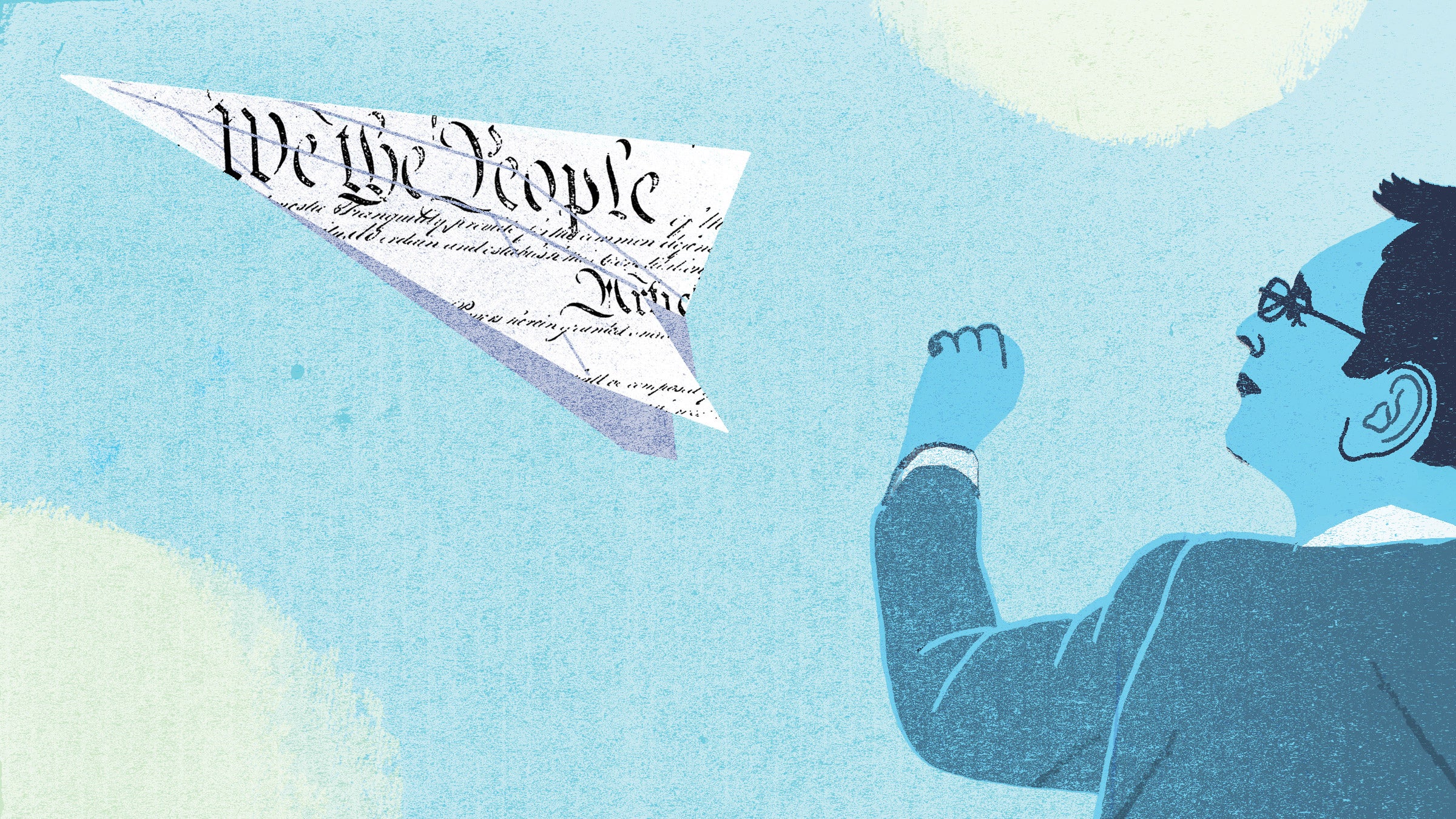The title of Professor Mark Tushnet’s “Why the Constitution Matters” is something of a misnomer.
The Harvard Law School constitutional law expert surprises readers in the first few pages by strongly arguing that the Constitution doesn’t matter as much as you might think.
What really matters, Tushnet says, is the way politics affects the interpretation judges, politicians and ordinary citizens bring to the document.
True, the Constitution organizes our political structure, and no one would dispute, for example, the stipulation of elections for senators every six years and representatives every two. Beyond such explicit rules, says Tushnet, the ground begins to shift in ways that can make some of us feel uncomfortably “up in the air.”
Apart from politics and interpretation, he boldly declares, there is no independent meaning, carved in stone, for many fundamental rights we so cherish.
While this view is now conventional wisdom among most scholars, Tushnet’s aim is to reach out with this message to a general readership. By debunking the idea of “objective” meaning, he hopes to make our discourse about the Constitution less mean-spirited.
For Tushnet, it’s politics that drives constitutional change
The book is part of the Yale University Press series “Why X Matters,” which has included works by Jay Parini on poetry and Louis Begley ’59 on the Dreyfus Affair.
While most of us recognize that politics and interpretation shift over time, many people, whether conservative or liberal, persist in believing that there is a “fixed” meaning in the Constitution.
Depending on your politics, says Tushnet, changes in Court opinion are typically seen as “departures from the true Constitution or a return to the true Constitution. … Sometimes we stray from the path, then we manage to get back on the true path.” Those who disagree with our interpretation of true meaning are scoundrels acting in bad faith.
Tushnet, a self-described liberal, prefers to see reasoned arguments that disagree with his viewpoint as simply the normal political process. As we grapple with the devilish details of constitutional interpretation in an evolving society, we do not need to demonize our adversaries, he asserts.
Paying attention to how law and politics are intertwined, he says, can empower people to push harder and more intelligently for change they want—for example, by supporting political “workarounds” that mitigate Supreme Court decisions that rankle.
A case in point is the recent Citizens United decision rejecting corporate campaign spending limits. Tushnet advocates HLS Professor Victor Brudney’s call for change in corporate law so that shareholders can vote against such funding. This strategy is “beginning to get some legs,” says Tushnet.
He is fascinated by what people don’t know about the Constitution. He talks about the “constitution outside the Constitution,” bedrock rights or values not mentioned in the document. For example, the Constitution does not forbid an active military officer from running for president, yet the unwritten political expectation is that a general should resign from duty before running for office.
Early in his career, Tushnet saw a connection between law and politics. Influenced by the heated politics of the civil rights and antiwar movements, he was an early participant in the Critical Legal Studies movement, which posited that law is politics.
At 27, Tushnet clerked for Justice Thurgood Marshall and wrote a key memo that worked its way into Roe v. Wade, addressing issues confronting very young women who became pregnant.
He looks back on his time at the Court as a momentous period in his life, but wistfully admits, “I was too young to appreciate the experience.”
Tushnet’s wife, Elizabeth, is a lawyer specializing in prison reform. Their elder daughter, Rebecca, is an intellectual property lawyer and a professor at Georgetown. Younger daughter Eve is a conservative blogger.
Tushnet follows the conventional wisdom in keeping harmony at the dinner table: “We avoid talking about politics.”
